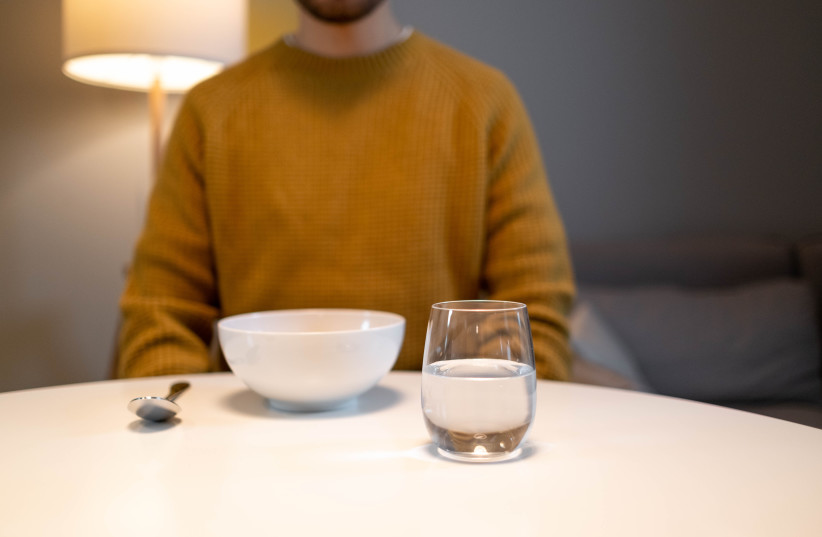Adults who don't drink enough water are more likely to age faster, develop chronic illnesses and die younger, according to a new study concluded after 25 years of research.
The study, done by researchers from the US National Institutes of Health (NIH), was published Monday in the peer-reviewed academic journal The Lancet.
How did the study check what happens when you don't drink enough water?
The scientists analyzed over 11,000 adults in the US aged 45 to 66 during their medical visits, and again during their follow-up visits between the ages of 70 and 90.
This allowed the researchers to track their hydration levels by studying the blood-sodium concentration. Increased hydration is linked to decreased levels of sodium, so if you drink more water, you should have less sodium in your blood.

Each participant had a normal range of blood-sodium concentration, specifically between 135 and 146 millimoles per liter.
But there were apparent differences should blood-sodium concentration be on the higher end of this range.
Specifically, having more than 144 millimoles per liter of sodium in the blood was found to equate to a 20% boost to the likelihood of dying prematurely and being 50% more likely to have signs of aging earlier than one's age would suggest.
It can also be linked to an increased likelihood of developing chronic diseases such as heart failure, diabetes, stroke, atrial fibrillation, dementia and chronic lung disease, among others.
But even having a blood-sodium concentration of just 142 millimoles per liter was still found to be linked to increased risk.
This isn't wholly unprecedented, as pointed out in an email to NBC News by NIH researcher Natalia Dimtrieva. Her previous research had indicated that higher blood sodium concentrations can raise one's risk of heart failure.
This doesn't mean sodium is inherently bad – far from it. Sodium is a vital component the body needs as an electrolyte, which helps circulate water. This is why having sodium is important – without enough, the risk of dehydration goes up.
But too much sodium seems to be a problem as well. This is something highlighted in several studies in the past, such as a July 2022 study that found adding extra salt – itself made up of sodium and chlorine – could increase one's risk of death. This is a point further supported by the results of this recent study.
Having said that, the health benefits of hydration, as well as the consequences of dehydration, are also well-known. But this study shows a further layer of consequence for lower hydration levels and higher blood-sodium concentration.
But if dehydration is linked to an increased likelihood of aging, premature death and chronic illnesses, does that mean drinking more water will help stop diseases and let you live longer?
That isn't clear, and some scientists are still skeptical about the entire connection proposed in the study.
But the need to drink more water and stay hydrated as part of a healthy lifestyle is something that everyone agrees on.
So drink more water — whether you live longer or not, you'll be better off for it.
Maariv Online contributed to this report.
